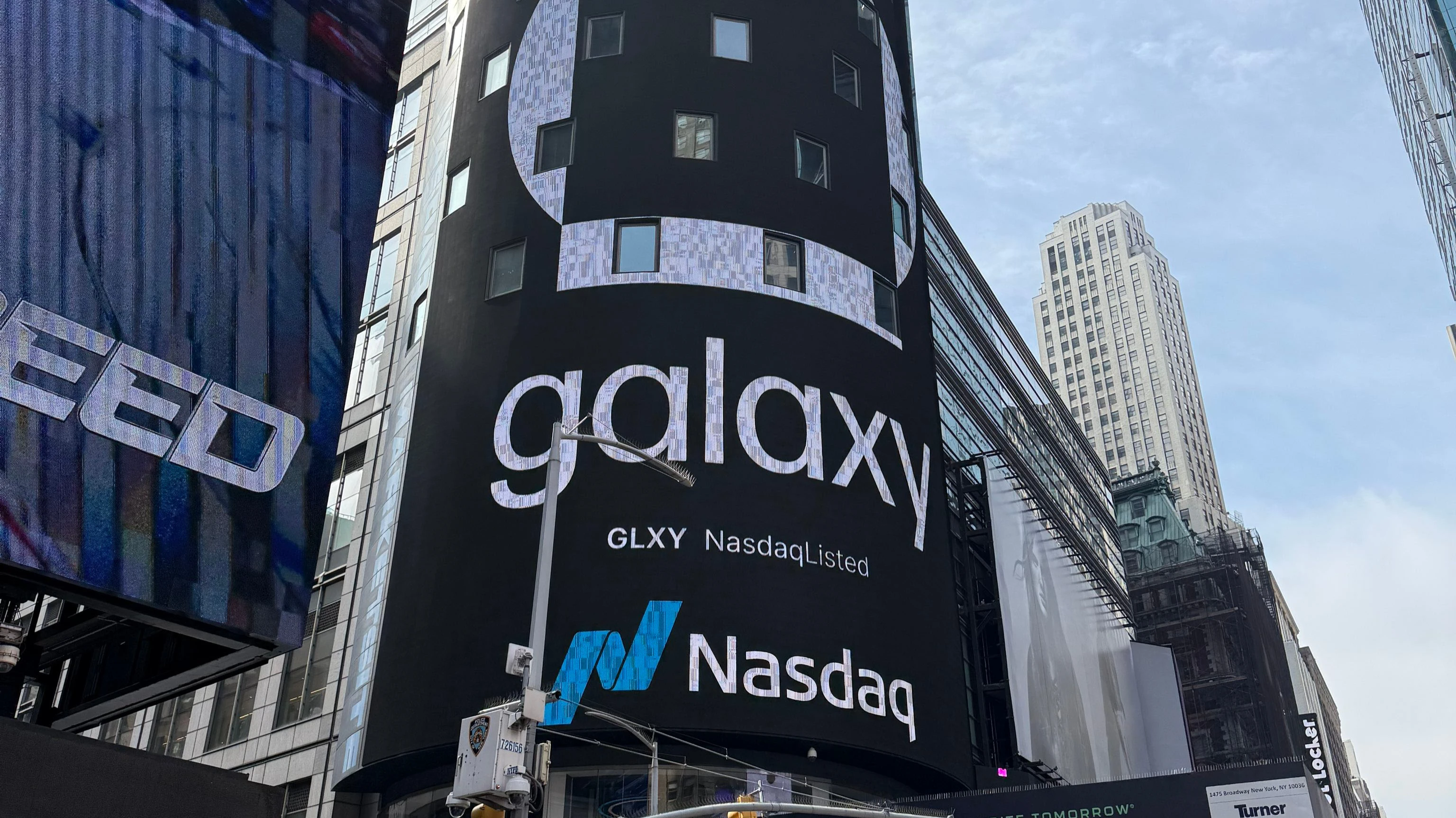A public company has tokenized its shares for the first time. What does this change for investors?
Galaxy did exactly what the SEC demanded under Biden - it issued digital assets legally equal to its own stock

Galaxy Digital, a financial cryptocurrency and blockchain asset management company, has tokenized its U.S.-listed common stock. The move marks a new milestone in the crypto industry's quest to move securities trading to blockchain, Barron's explains. Galaxy can now sell its shares around the clock and not be dependent on Nasdaq's schedule.
Details
Galaxy shareholders can now convert their securities into tokens on the Solana blockchain and continue to buy and sell them even when there is no trading on Nasdaq. The stock-to-token conversion is done through startup Superstate, a fintech company in Galaxy's venture capital portfolio. According to Galaxy, by the evening of September 2, 21 investors had already taken advantage of the offer, tokenizing a total of 32,374 shares on the Solana network.
"You retain all legal rights and economic claims to the asset itself," Galaxy's head of research Alex Thorne said in an interview with Barron's. - It's literally our Class A common stock."
As Galaxy explained, the initiative is primarily aimed at institutional investors and professional traders, who find the process of registering with Superstate's transfer agent easier than retail clients.
What does that mean
Tokenization is a way to digitize stocks, allowing them to be traded through decentralized exchanges such as Uniswap instead of conventional exchanges such as the New York Stock Exchange. Proponents of the approach argue that the benefits to investors include 24/7 worldwide trading and near-instantaneous settlement, Barron's writes.
The crypto industry has been exploring tokenization for several years, but regulatory uncertainty has slowed the process. Now that Donald Trump's administration has taken a more favorable stance toward digital assets and the technology has matured, Galaxy and Superstate believe their partnership could push regulators and other companies to embrace tokenization on a large scale.
It is noteworthy that during Joe Biden's presidency, the Securities and Exchange Commission (SEC) put pressure on cryptocurrency exchanges, saying that cryptocurrencies should be regulated as stocks, which the crypto community did not agree with. Now that the regulator, thanks to Trump's policies, has eased the pressure, crypto market participants themselves are beginning to issue tokens that are equivalent to classic stocks.
Some companies have also already taken cautious steps in this direction, Barrons writes. For example, trading platform Robinhood Markets earlier this year introduced tokens of U.S. stocks for clients in Europe, and crypto platform Kraken launched trading in tokenized shares on the Ethereum blockchain. However, these cases involved synthetic derivatives on the underlying stocks rather than direct tokenization of the securities. Representatives of the traditional financial industry criticized such instruments for lack of transparency and liquidity, Barron's wrote in July.
This article was AI-translated and verified by a human editor
